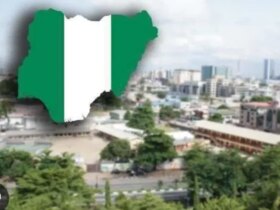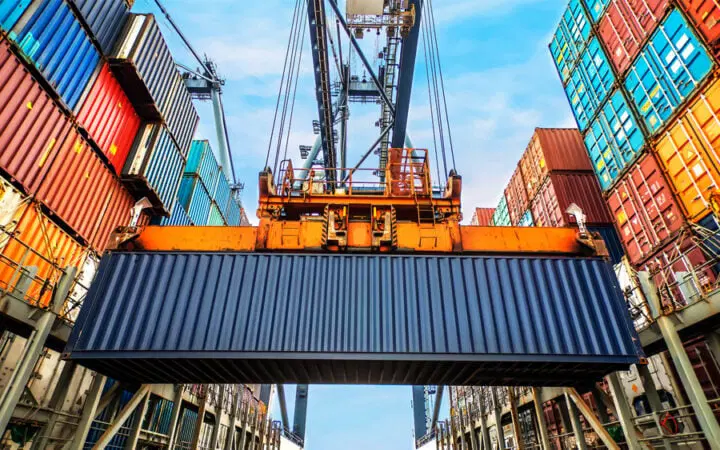Cameroon Presidential Election Kicks Off: Paul Biya Set to Secure Historic 8th Term

Paul Biya poised for 8th term” />
On Sunday, Cameroon’s presidential election commenced, with 92-year-old Paul Biya, the world’s longest-serving leader, anticipated to secure an unprecedented eighth term, thereby prolonging his 43-year reign.
Biya is challenged by 11 contenders, notably former labor minister Issa Tchiroma Bakary, aged 79, who has unexpectedly energized voters in this Central African nation, where nearly half the population is under 20 years old.
Polling stations opened at 8:00 a.m. and will remain operational until 6:00 p.m. local time (0700 to 1700 GMT).
Among the eight million registered voters, most have only experienced governance under Biya’s administration throughout their lives.
Since assuming power in 1982, Biya has consistently won elections over the past two decades, often securing more than 70% of the vote.
“We must not be naive; the ruling establishment possesses extensive resources to influence outcomes in its favor,” noted Cameroonian political analyst Stephane Akoa in an interview with AFP.
Nonetheless, Akoa observed that the recent campaign period has been “noticeably more dynamic” than usual at this stage.
He added, “This election could potentially yield unexpected results.”
Throughout the campaign, Biya maintained a typically low profile, making his first public appearance since May on Tuesday, where he appeared in good health.
He conducted a rally in Maroua, located in the strategically important Far North region, which accounts for 1.2 million voters and represents the country’s second-largest electoral bloc.
Historically a Biya bastion, this region now sees several former allies standing against him.
– The Influence of Young Voters –
The 11 candidates have been actively engaging the public in recent weeks, each pledging to usher in a new era to replace Biya’s long-standing dominance.
Bakary, Biya’s principal challenger, also campaigned in Maroua this week.
Unlike Biya’s modest gathering of a few hundred attendees, Bakary was greeted by thousands of supporters waving signs proclaiming “Tchiroma the Redeemer” in his home region.
Bakary, who resigned from the government in June after two decades alongside Biya to join the opposition, has emerged as the leading contender following the disqualification of Maurice Kamto.
Kamto, who finished second in the 2018 election, was barred from running this year by the Constitutional Council-a decision criticized by human rights organizations such as Human Rights Watch for undermining the election’s legitimacy.
Since gaining independence from France in 1960, Cameroon has had only two presidents, with Biya being the second.
As Central Africa’s most economically diverse nation, Cameroon boasts rich natural and agricultural resources.
However, World Bank data from 2024 reveals that approximately 40% of the population lives below the poverty threshold, and urban unemployment rates hover around 35%.
Akoa highlighted that while young Cameroonians desire change, they have yet to reach the point of mass protests seen in other African and Asian countries.
– A Glimmer of Transformation –
Citizens express dissatisfaction with rising living costs, inadequate access to clean water, healthcare deficiencies, and subpar education systems.
For now, these grievances largely remain confined to social media platforms.
“A significant number of young people plan to vote,” Akoa remarked.
“This indicates a hopeful sign of change, though perhaps not strong enough to mobilize widespread street demonstrations as witnessed in Madagascar, Tunisia, and elsewhere.”
The government has authorized 55,000 observers, both domestic and international-including African Union representatives-to oversee the election process.
The Constitutional Council is scheduled to announce the official results by October 26.
Meanwhile, several online platforms intend to independently compile and publish election outcomes, a move criticized by the government as an attempt to sway public opinion.
The election unfolds amid ongoing conflict between separatist groups and government forces in the English-speaking regions, a crisis persisting since 2016.
Voter turnout in these areas was notably low during the 2018 election.







